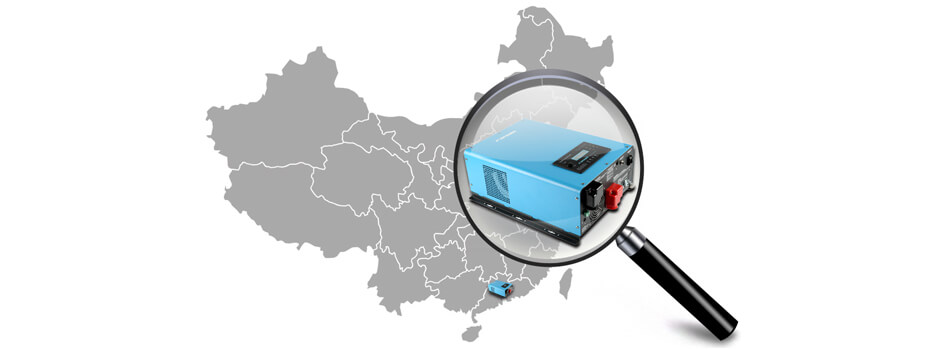Evaluating Your Power Inverters Suppliers
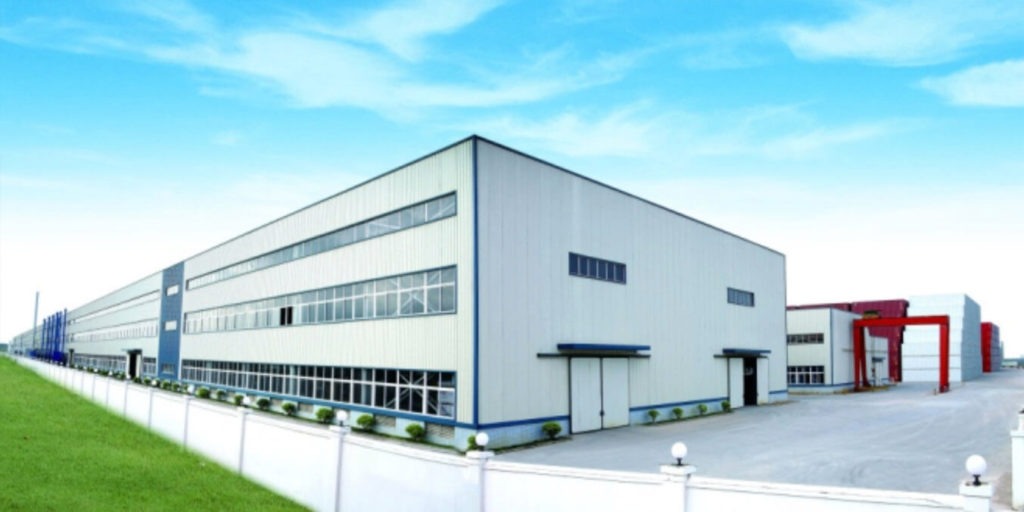 Where sourcing power inverters from China or elsewhere, one of the most important things you as a buyer need to do is to make sure you are working with the right supplier. So where do you start?
Where sourcing power inverters from China or elsewhere, one of the most important things you as a buyer need to do is to make sure you are working with the right supplier. So where do you start?
Define your ideal supplier. We suggest buyers should first define their “ideal supplier”. This is unique to each buyer and depends on a number of factors, including price, quality and lead time.
Define your location. Where factories are based should also play a role in supplier evaluation. While power inverters factories in China’s northern and western provinces have lower manufacturing costs, the quality is often lower. Those located along the coast and in the southern region have higher production outlay but the quality is generally better. Note as well that the farther inland you go, the more expensive your logistics costs will be.
Look in the right places. Even many people said leading B2B websites is the right places to look find the good suppliers for power inverters. But we highly recommend meeting suppliers face to face, such as in trade shows. Further, always do your diligence and verify suppliers before working with them.
Do your homework. And find the right power inverter suppliers and coordinate production, the best way is to visit the factory yourself.
- You must visit the power inverters supplier yourself or pay someone to do it for you BEFORE you wire any money.
- Buy information (online) and do background research on your power inverters suppliers BEFORE you wire any money.
- Confirm that the power inverters suppliers can either produce the documentation you request or do not work with them.
– Capacity and social compliance audits are worth the money – $600 and up.
– All the large QC/testing companies can do professional testing for you.
– A website, phone calls, faxes, and emails are not substitutes for an on-site capacity audit (or project management or QC either).
– Trade shows, while helpful, should not be your primary supplier evaluation tool.
- The representative may not be with the power inverters supplier after the show.
- Products are cherry picked.
- Decision makers are not usually at the show. narrow down your choices: you should narrow down potential suppliers based on non-price attributes before initiating contact. This is basically sending an email or fax, or making a phone call to ask for product specific information, including price, minimum order and lead time. Before are some points that are often overlooked when requesting for quotations.
- Tooling charges or mold set-up fees.
- Payment terms (30:70 vs. 100 percent vs L/C)
- Quality requirements
- Bill of materials.
- Shipping /duties/taxes
- Resist the tendency to quote DDP
- VAT and VAT rebate
- Are samples really available?
How to Identify a Legitimate Power Inverter Manufacturer
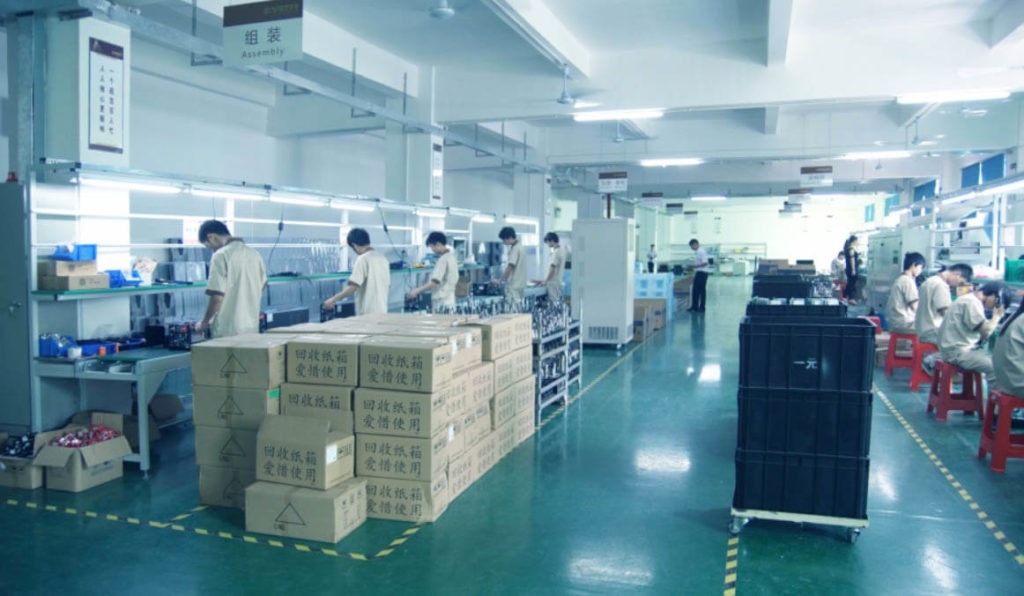 Assuming you prefer to deal directly with the power inverters factory and not a trading company, here are some tips to ensure you are transacting with a legitimate power inverters manufacturer.
Assuming you prefer to deal directly with the power inverters factory and not a trading company, here are some tips to ensure you are transacting with a legitimate power inverters manufacturer.
- Avoid factories that refuse to list the name or location of the production facility.
- Focus on factories that can clearly show manufacturing experience with your particular product or production method. They should have samples and quality documents readily available if they are a real factory.
- If you are able to arrange a factory visit:
– Do your contact’s business cards match the factory staff’s information? if the cards do not match in name, color, and address, then your contact is probably a middleman.
– Do the people at the factory clearly know your contact or does he give our business cards to factory staff when giving you the tour of ” his factory?” at worst case this may be his first time working with the factory and you may as well build your own relationship without him.
- Look for clear information about operation size, equipment and staffing.
- Be wary if the supplier offers a very large range of products.
- Be aware that polished English skills do not reflect production skills, often the most polished websites are set up by trading companies.
- Ask for ownership papers of the factory
- Be explicit that the production location may be audited by you in person and that this location cannot be changed without approval from buyer.
What to Check When Auditing a Power Inverter Factory
Is the company in compliance with local labor laws? Does the factory comply with ISO9001 and SA8000 standards?
- Facilities: areas for manufacturing, testing, packing, and loading
- Processes: lead-time estimates, control of records and procurement system.
- Management: credentials and workflow systems
- Social compliance: child labor, working hours and wages: does the company have all the documentation that your lawyers are requesting or that you require?
- Export license
- Testing certifications
- Industry standards
- MNC certification (if applicable): visit the factory yourself.
- Spend more time on the production floor than anywhere else
- Bring your own interpreter and visit as many sites as possible
- What is its current condition?
– Capacity
– Finances
– Staff
– Find out
- When the factory is most busy and whether this is in conflict with your schedule
- How much of their production is subcontracted
- How they control IP and non-conforming products
– Inspect workflow systems for efficiency and check whether they are actually practiced
– Test your power inverters supplier’s understanding of your product’s requirements. Request samples to be sent to you, to your exact specifications (pay if necessary)
– Evaluate the factory’s quality system.
- Des the factory have a clear list of all desired characteristics of a power inverter before production starts?
- Is it clearly specified how each characteristic is measured?
- Are approved samples available to workers in production and QC areas?
- How does the power inverters factory evaluate and select material suppliers?
- Does it communicates the requirements accurately to material suppliers?
- Does it check whether a purchased power inverters are up to specifications? How?
- Does it send power inverters samples for lab tests? how often and for what tests?
- Are materials properly stored?
- Does the power inverters factory give clear procedures to each worker and for each job (including the QC staff)?
- How does it validate that each production process achieves the desired results?
- Does it carry out in-process QC? on what proportion of products? what do they do with the data collected this way (corrective/preventive actions?) what happens to pieces found to be defective?
- How does it ensure that measuring instruments are available and correctly used?
- Do the operations control their own work? Do they receive regular training?
- Are materials delivered directly to subcontractors? how they checked?
- How does the power inverters factory control the work of the subcontractors?
- What does it check regarding the subcontractor’s operations?
- What proportion of products is checked? how are they checked? does it include packing?
- Is there one last inspection based on AQL statistics? Based on what level of QAL?
- What happens when non-conformities are detected?
Negotiating
So you have narrowed down your list of potential power inverters suppliers, done your due diligence and decided on one factory to manufacture your power inverters. But before you sign that contract, you would most probably need to negotiate quality, price and payment terms.
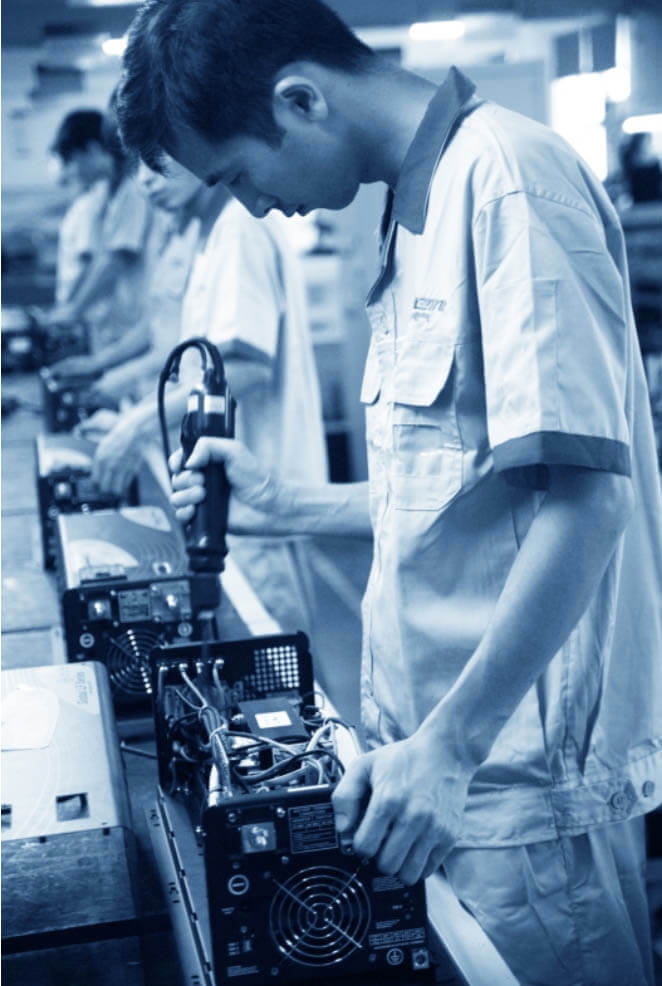 The first thing you need to make sure of is whether or not you are talking to the decision maker. Quality and production concerns, for instance, should be discussed with engineers, managers and QC personnel, not salespeople. It also better that you have your own translator, one whom you have briefed in advance about terminology and what to expect.
The first thing you need to make sure of is whether or not you are talking to the decision maker. Quality and production concerns, for instance, should be discussed with engineers, managers and QC personnel, not salespeople. It also better that you have your own translator, one whom you have briefed in advance about terminology and what to expect.
Before you start negotiating terms with the supplier, be aware of the following:
- Face to face meetings are always the best way to communicate
- Most factory representative will not tell you “no”
- There will always be problems – you just will not know about all of them
- Do not confuse being polite or even the word “yes” as being an agreement.
- The more time you spend in factory, the better quality product you will get
- You must take care of all legal issues at home and in China before you do anything else.
- Contracts are rarely the final word
- Save all phone call notes, faxes, photos and emails.
- Keep your processes and communications consistent
- Be prepared to renegotiate everything.
Negotiating quality terms
- Specify every single component and standard you can think of.
- Clearly communicate every aspect crucial to your finished product-How your final product should look, feel, fit and function
-All internal, external labeling and user instructions
-Packing instructions (quantity, assortment, packing materials) - Overcome language barriers by communicating with:
– Photos and/or technical drawings
– Written (and properly translated) instructions
– Agreement in writing in which language prevails - But physical samples are still best.
- Never vary from your contracted standards and dates
Negotiating Price and Payment Terms
- Do your own research on prevailing prices before you start negotiating
- Make a roadmap for better terms; consider a 30:40:30 payment scheme
- Your payments, penalties and shipping dates should be contractually tied to QC reports
- Be careful if transferring funds to a private account or a third-party trading company
- Consider financial due diligence if worried about risk
Managing Production & QC
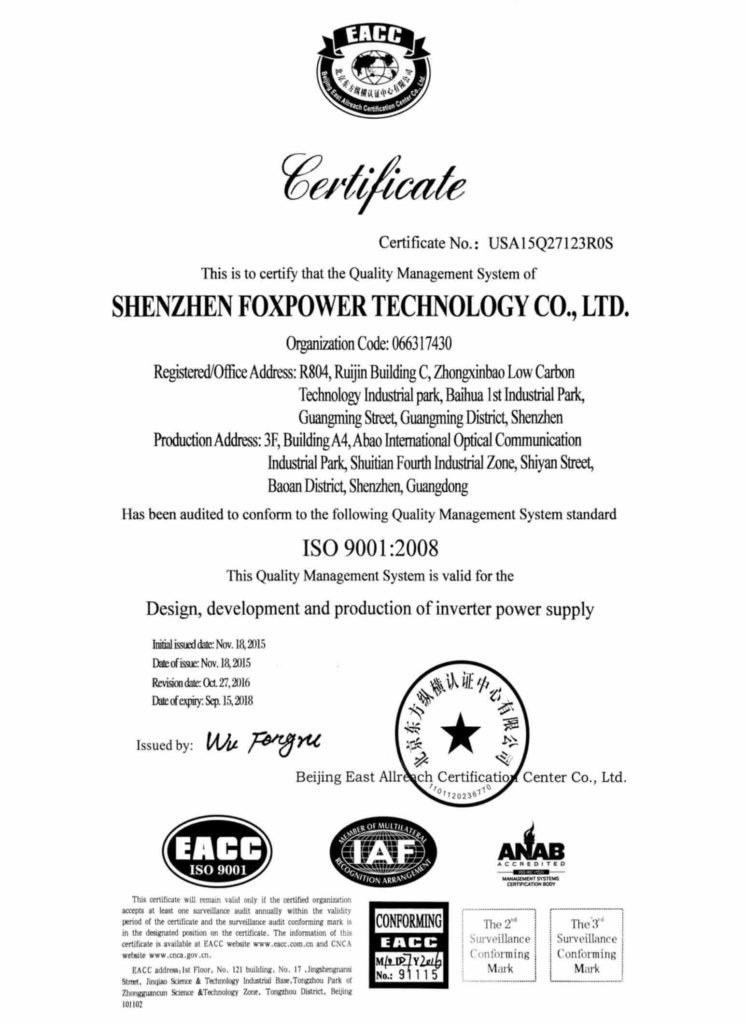 Regular, consistent and independent QC is possibly the single most important part of the “buying from China” experience. Some key points to keep in mind:
Regular, consistent and independent QC is possibly the single most important part of the “buying from China” experience. Some key points to keep in mind:
– Never vary from your contracted standards. If you do, you authorize your factory to do the same and you can be sure that they will.
– Write it, confirm it, repeat it, and confirm it again with someone in authority. Get things repeated back to you from the people responsible for each step.
– Get things signed and stamped by someone in a position of authority.
– Determine what is essential, what should happen, and what would be nice to have. But do not tell your supplier anything is less than mandatory.
Safety, industry and customs standards are mandatory
- Product features are probably mandatory too.
- Specific attributes that are not defined by law or function are important
- Contract in penalties for missed dates and confirm milestones before you get to the end.
QC Essentials
– Engineers: these are typically the only people that really know what the machines can do and what they can get out of them
– QC and line managers: they have the most direct impact on the daily quality of your order.
– Managers: including them or everything else is a waste of time. They have to be the ones to sign off and enforce agreements when you are gone.
– Salespeople: they will need face from you when you find out they do not know what they are talking about. You will need to keep them happy since they are the ones that control the price.
What to Look for in a Factory’s QC Plan
– Clear revision management procedures
– Bilingual at page level
– Approved vendor list – total transparency regarding identity of subsuppliers
– All internal QC data/results are made available for client review.
– Their FQC = Your IQC
– Unit and lost traceability in terms of bill of materials used, dates and personnel involved in the assembly/inspection process.
– Bill of materials include packaging specifications (air vs. sea, unit vs. master vs. pallet vs. container)
– Container check
Problem Solving
– The only thing worse than no product is a bad product. Negotiate accordingly and have a backup, just in case.
– There will be problems – count on it
- Allow the supplier to fix it before you step in – but make sure you are aware of problems and solutions.
- Do not wait too long to stop problems.
– To find the real problem, listen, ask, take notes, and ask again. There is almost always a public story and a real issue.
– Keep detailed notes of every conversation. Just because you know who is to blame does not mean that you can now solve the problem
– Admit when the problems are your fault and hold the factory to the same standard. Be fair and never be punitive.
– The goal is to get finished quality product. Do not go too far in your anger or demands.
– Lose a deposit instead of an entire order.
Shipping
– The end of a production run can be especially risky.
– With other orders waiting to be filled and your deadline approaching, your supplier may:
- Rush through your final units to finish on time
- Run our of approved materials and use a substandard substitute
- Tell you production is complete to get final payment
- Before your order is completed and packed, perform a pre-shipment inspection to ensure there will not be last-minute, nonconforming products on board.
- Ship safely. You cannot sell damaged or missing products
- Perform a container loading check to ensure:
- Cartons contain the proper quantity, size, assortment, etc
- All products are packed safely and loaded carefully
- The container is sealed against tampering
Protecting your IP
 While most suppliers in China are trying to earn an honest living, there are also a large number of unscrupulous companies who are out to make a quick buck. And one of easiest ways to do this is by stealing your intellectual property. Most people think IP just refer to designs and trademarks. But it also includes sensitive buyer information such as export value, shipping destination, customer and end- user identity, and market value of goods shipped.
While most suppliers in China are trying to earn an honest living, there are also a large number of unscrupulous companies who are out to make a quick buck. And one of easiest ways to do this is by stealing your intellectual property. Most people think IP just refer to designs and trademarks. But it also includes sensitive buyer information such as export value, shipping destination, customer and end- user identity, and market value of goods shipped.
Here are some measures you can take to keep your IP safe when sourcing in China:
– Take steps to protect your IP before you start sourcing:
- Be the first to register – first to market vs. first to register File all legal documentation at home and in China.
- Do not share info without nondisclosure or other agreements in place.
At the same time, do not rely solely on NDAs and non-compete agreements. Attach bilingual MOUs to purchase orders. The MOUs must be initialed by a person in authority. - Make sure you follow Chinese law in China
- Do all due diligence.
– Involve third parties for sensitive information
– Establish long-term personal relationships
- Get to know industry and government figures in your particular field.
- Learn about customs and develop contacts on both sides of the Pacific.
– Have a regular, physical presence
- If custom-made, own the tooling outright
- Keep an eye on tool and sample rooms, and the warehouse
- Pull molds and dies
- Require samples to be returned
Distribute components to various suppliers instead of just one. Your payments, penalties, and ship dates should be contractually tied to QC reports.
Foxpower Lets you Source Power Inverters with Confidence
Foxpower is a professional and exclusive manufacturer of quality power inverters. We strive to carry the most complete line of DC power inverters available today. Our engineers work hard to make power inverters that meet your needs. We have inverters for any application; commercial inverters, industrial inverters, consumer power inverters, and power inverters for home and business.
Foxpower is consistently developing innovative products for use in green energy applications and in mobile business around the globe. Our specialty is dc to ac power inverters including 12-volt power inverters, 24-volt power inverters, 48-volt power inverters. Specialty is DC to AC power inverters, inverter charger, solar charge controllers, converter chargers and portable power generators. As the best ODM/OEM partner, Foxpower strives on to meet your specific needs and requirements. devotes to develop and manufacture perfect products and solutions for all of you with best quality products at incredibly affordable prices. Foxpower have perfect quality systems to control the product quality and get the ISO9001 certification to make sure product quality. Our power inverters got UL458, CSA, and UL1741 certifications to apply in many fields.
For more information about our company and our products, contact us online today!

